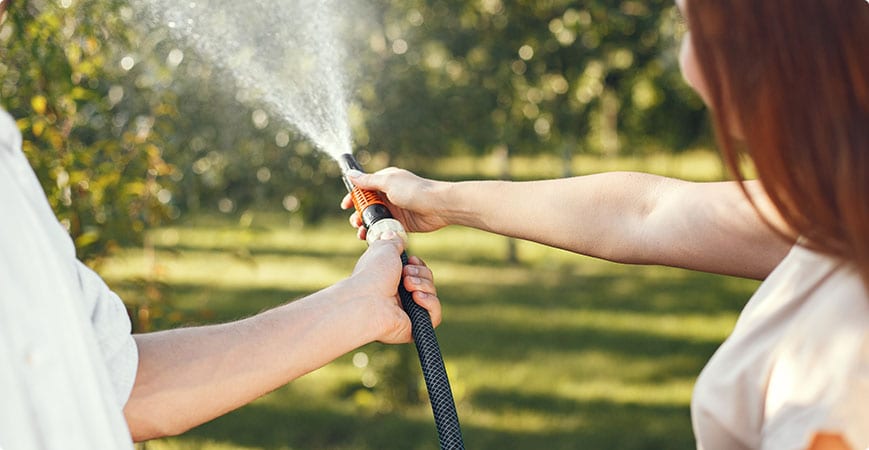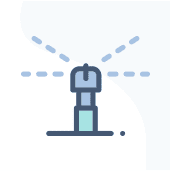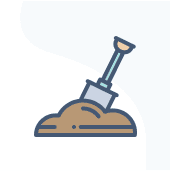As a homeowner, taking care of your lawn is part of the job. Your home’s curb appeal is an essential part of maintaining your home. If you’re considering selling, you want to ensure your lawn is in pristine condition. You likely know that the wrong amount of water, fertilizer, or watering times can be disastrous, but the type of water is also important.


Hard Water Versus Soft Water
Hard water is when rainfall or tap water has high concentrations of minerals like magnesium, lime, chalk, and calcium. When rain leaves a residue on your car or water spots on your home’s windows, it’s because it’s hard water. Tap water is hard water, as it’s beneficial for us to consume the minerals. Soft water is when the calcium and magnesium have been removed from hard water. Adding salt to hard water can remove the minerals, but there are water softeners you can purchase for your home, your showerheads or taps. A water softener can help your fixtures keep their cleanliness, and your appliances will likely run more efficiently. Hard water deposits require more effort and cleaning products to get your sinks and bathtubs clean, don’t wreak as much havoc on your plumbing, and they can leave stains behind. Softening your water is ideal for the inside of your home, as it makes life easier and is better for your home. As for the outside of your home, it can be a different story.

Soft Water for your Lawn
Salt in your water can damage plants and grass. Having salt in your water results in plants taking in less water, the soil to have salt build-up, and can potentially develop white rings or lines in your grass. Using soft water on your grass or in your garden can cause problems and potentially costly fixes. Your greenery will likely have a hard time thriving when exposed to treated water. Just like when humans take in too much salt, it makes us thirsty, and the same is true for plants. When they’re often fed sodium-filled water, they’ll soak up what they can, but the salt content will cause them to die of dehydration essentially. The effects are lasting as well: sodium-filled soil is not ideal for future plants to grow and thrive, so you may be struggling with dehydrated plants if the soil is not replaced or leached.

How Do You Water Your Lawn if You Have Softened Water?
You can choose a couple of different options when you have softened water in your home for your lawn. You can install a bypass spigot, which is a specialized device that funnels water from the direct water line before it hits the water softener. The fixture gets installed on your home’s exterior for easy use. If you live in a climate that sees a lot of rain, a more manageable and less expensive choice is mixing your softened water with rainwater you’ve collected or distilled water. Creating a mixture of these can lessen the salt’s impact on the water, as it becomes more diluted.

Fixing Your Soil if it has Been Affected by Treated Water
Correcting the salt levels in your soil can be done, but it takes some work. The only way to do this is to frequently water the affected soil with hard water, called leaching. Leaching will draw out the salt and the nutrients in the dirt, so you will need to fertilize afterwards to return the nutrients required for plants to thrive back to the soil.
Many homeowners aren’t aware of the effects of soft versus hard water, but there are inexpensive ways to fix any damage you may have done to your lawn or garden.

